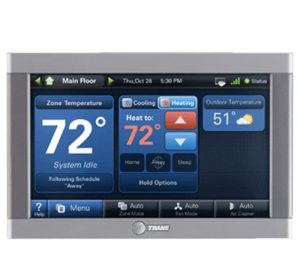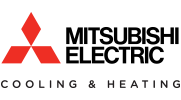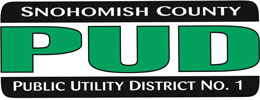Recessed lighting is here to stay. Can lights (often referred to as recessed lights) are commonly used in new builds and renovations alike. There are hundreds of different options out there today when it comes to both general and accent lighting uses for can lights. Despite their popularity, however, they may be contributing to home energy loss and even in some extreme cases, may compromise of a home’s integrity.
As with most any penetration made to a ceiling or wall, installation of can lights has the potential to contribute to air leakage. For instance, these penetrations can cause conditioned air from one area to leak into an unconditioned air space, such as an attic. This could result in the loss and waste of a lot of expensive energy for your home.
If improperly sealed, these lights can lead not only to air leakage and increased utility bills, but potentially much larger problems for a home. The large, rough openings required to install recessed lighting could lead to moisture issues in a ceiling between conditioned and unconditioned air spaces – which could ultimately jeopardize the integrity of that portion of a home or lead to mold and mildew problems. There’s also potential for ice dam problems if heat is released into an attic during colder weather.
Because of these issues around can light installation and maintenance, manufacturers have developed airtight can lights to provide a more sound seal. In fact, these have become standard code and requirements in Washington State, and many other areas. However, these fixtures must be used with an airtight trim ring, and must be installed properly to be effective at minimizing air leaks. And many homeowners mistakenly take this airtight designation as a sign that they are able to quickly install these new units without much thought or care.
Given the potential problems surrounding can light installation, it’s best to consult with a professional before installation begins. Many existing recessed lights can also be sealed, but it can create a hazard if not done properly, using specialized kits, or non-combustible materials, and the manufacturer’s guidelines should always be consulted first to ensure the fixture’s safety if modified in this way.







